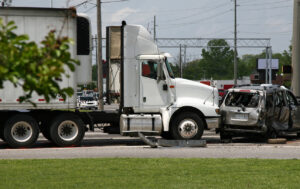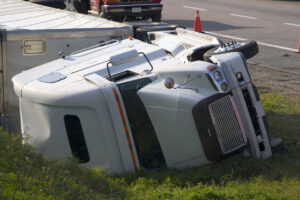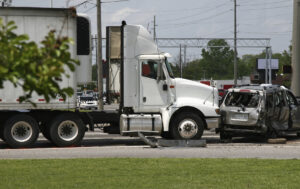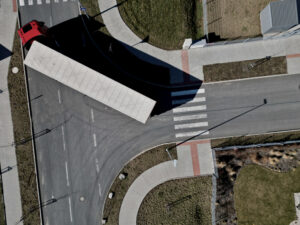
Why Are Autonomous Trucks Dangerous?
When you imagine the future of self-driving cars and trucks, it’s easy to focus on the positives. However, although developers of autonomous vehicles strive to make them as safe as possible, these vehicles pose serious risks. The sheer size difference between commercial trucks and cars makes the dangers of autonomous commercial trucks even greater than those of autonomous passenger vehicles. These are some of the primary safety concerns associated with self-driving trucks. There’s Always a Risk of Software Malfunctions Highly sophisticated software systems control autonomous trucks and other self-driving vehicles. However, even the best software can experience glitches. If a glitch happens when a cargo truck is going 80 miles per hour on the interstate, there’s a good chance it will lead to a truck accident. Software systems are also vulnerable to cyberattacks. If a hacker were to gain control of one or more autonomous trucks, the results could be catastrophic. They Can Be Unpredictable Like human drivers, autonomous vehicles













